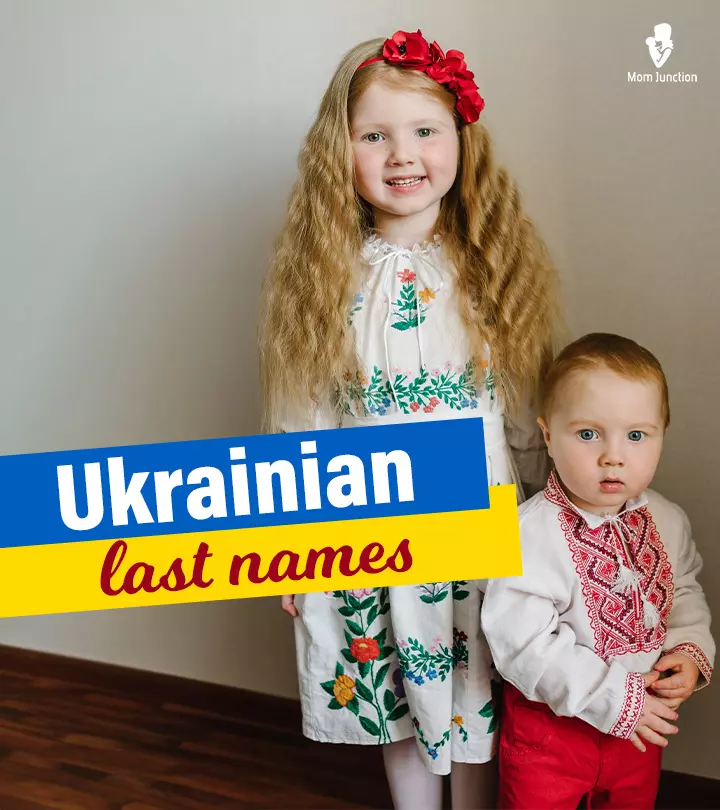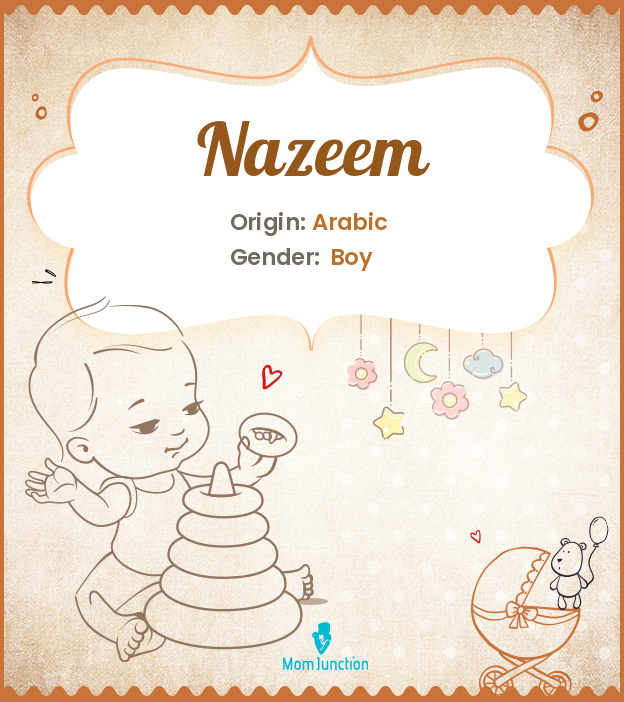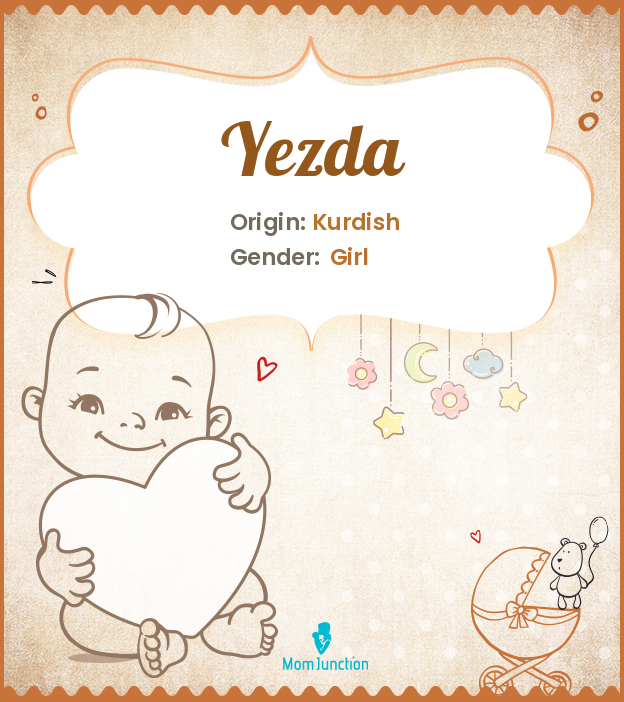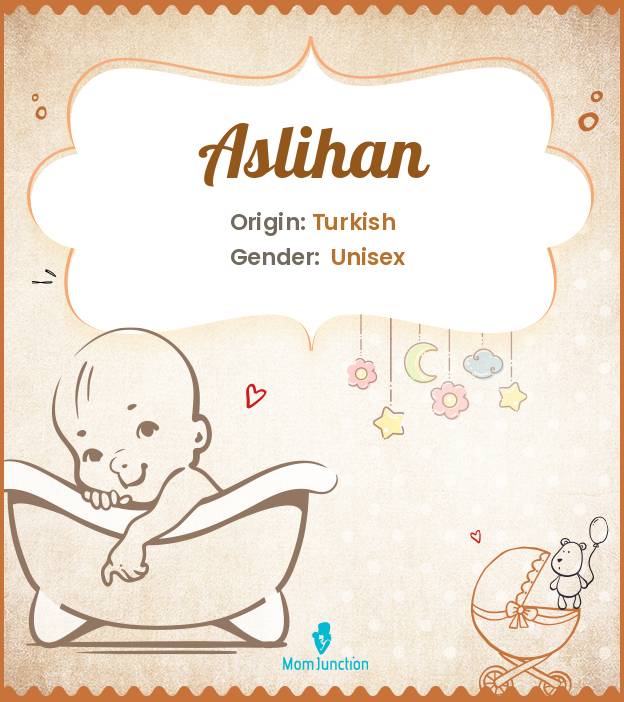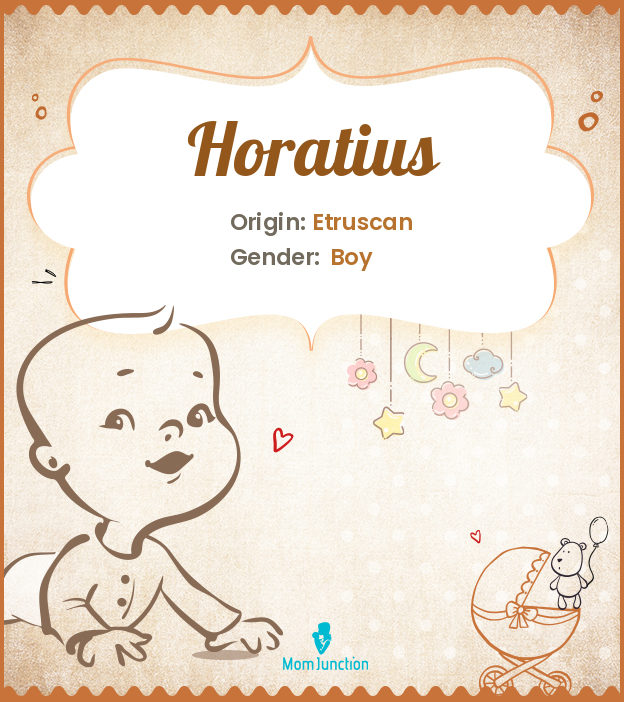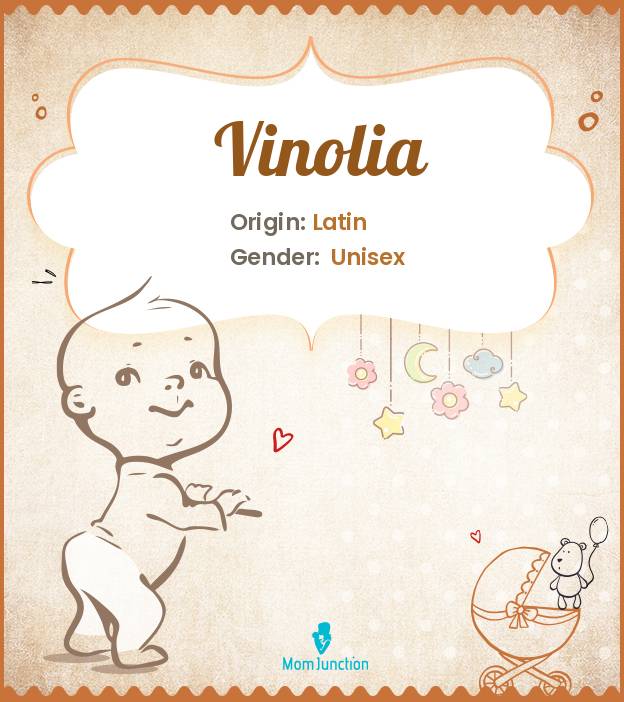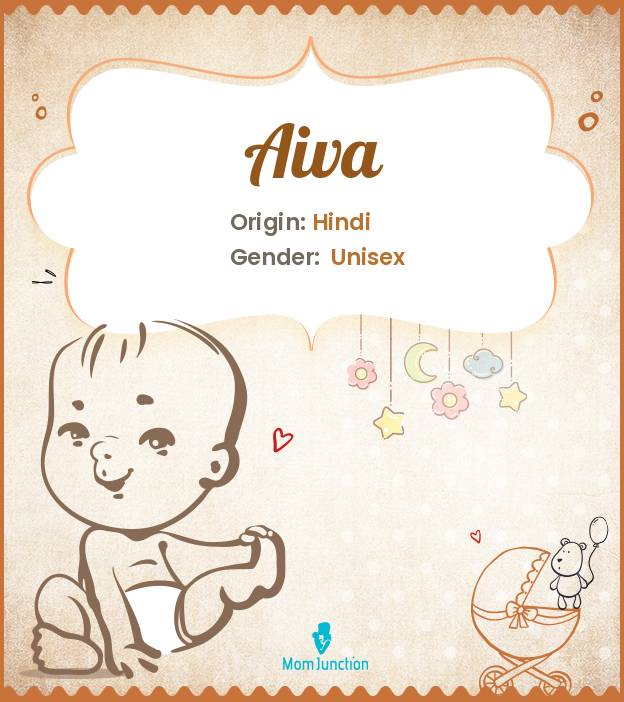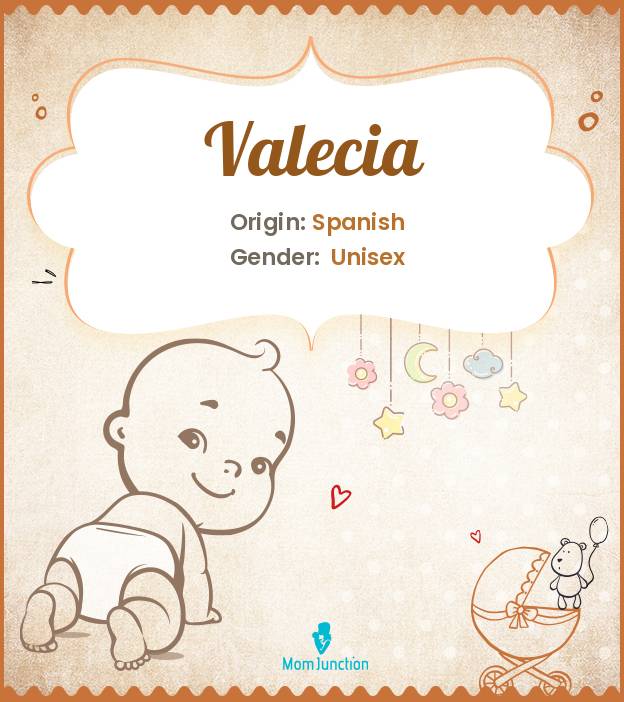
Image: ShutterStock
Danish surnames are mostly derived from their father’s or grandfathers’ names. Such names are patronymic and most popular in Scandinavian countries like Denmark, Norway, or Sweden. Many Danish surnames also come from other Scandinavian and German languages due to their proximity to Denmark and Germany. An interesting fact to note is that several surnames in this language are known to be indicative of occupation, lifestyle, aristocracy, and habitation. Read on for a list of the common Danish surnames.

Danish Last Names Or Surnames, With Meanings
Patronymic Danish Last Names Or Surnames
1. Andersen
Anderson is a patronymic surname, which is derived from the title “Anders.” Anders is a variant of Andrews, meaning “masculine.” The surname is extremely famous not only in Denmark but throughout the Nordic countries. The word translates to “son of Anders.”
2. Arntzen
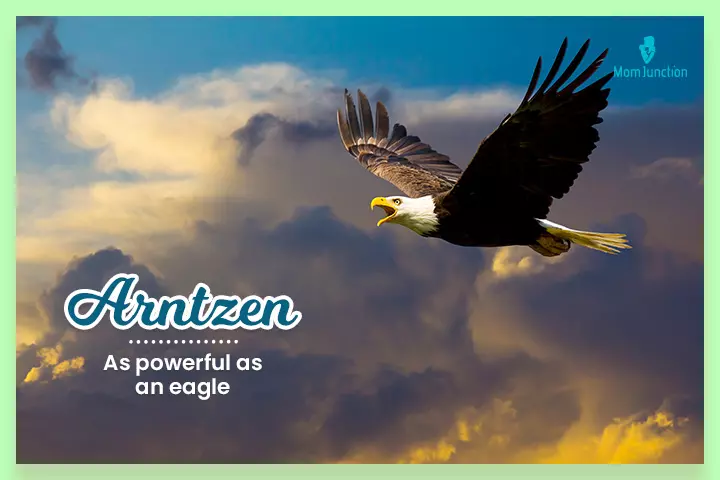
Arntzen is a patronymic name of Danish, Swedish, and German origin. The word is an amalgamation of two elements, “arn,” meaning eagle and “wald,” meaning rule. It refers to someone as powerful as an eagle.
3. Borges
It finds its roots in the German patronymic name Borchers. Borchers is a variant of the medieval personal name Burkhard, which is a combination of burg meaning “fort” or “castle” and “hard,” meaning “brave” or “strong.”
 Quick tip
Quick tip4. Christensen
The name means “son of Christen.” Christen comes from the word Christian.
5. Clausen
Clausen is a Danish patronymic last name and means “child of Claus.” This name is likely a form of Nicholas, which means “victory of the people.”
6. Detlefsen
Detlefsen is a patronymic name from Denmark and North Germany. It is derived from the personal name Ditlev or Detlef composed of the Middle Low German words, “theudo,” meaning “people” and “lef,” meaning “life.”
7. Drewes
Drewes is a variant of the Scottish or English personal name Drew. It is a patronymic title and is considered a vernacular form of Andreas, which comes from Greek and means “masculine.”
8. Frandsen
Frandsen is a Danish patronymic last name meaning “son of Frand.” It is a variant of the personal name Franz or Frans, which likely referred to a Frenchman.
9. Frederiksen
This Danish patronymic name means “son of Frederik.” The name Frederik comes from German and means a “peaceful ruler.”
10. Hansen
It refers to the “son of Hans.” The name “Hans” is a short form of Johannes, meaning “a gift from God.”
11. Henriksen
The surname means the “son of Henrik.” Henrik is a variation of Henry, which comes from the German name Heimirich, meaning “home ruler.”
 Did you know?
Did you know?12. Iversen
The surname means “son of Iver.” The name Iver comes from Old Norse, meaning “archer.”
13. Jakobsen
It is a patronymic Norwegian and Danish surname meaning “son of Jakob.” Jakob comes from Jacob, which means “supplanter.”
14. Jensen
It means “son of Jen.” The name Jen is a variation of John, which comes from Hebrew and means “God is gracious.”
15. Jespersen
It means “son of Jesper.” The name Jesper is a Scandinavian version of the Hebrew word “gizbar,” meaning “treasurer.”
16. Johansen
It means the “son of John.” The name John comes from Hebrew and means “God is gracious.”
17. Jorgensen
It means “son of Jorgen.” The name Jorgen is a Danish variant of George, which is an occupational Greek name referring to a farmer.
18. Kaysen
Kaysen means “son of Kay.” The name Kay comes from the Old Norse word “kalfr,” meaning “calf.” The name was an occupational name for someone who reared cattle”.
19. Knudsen
The surname means “son of Knud.” The name Knud comes from the Old Norse “knutr,” meaning “knot.”
20. Kristensen
This patronymic name means “son of Kristen.” The name Kristen is derived from Christian.
21. Larsen
It means “son of Lars.” Lars is a variant of Lawrence, which comes from the Roman name Laurentius referring to someone from the place called Laurentum.
22. Lauridsen
It means “son of Laurids.” The name Laurids is a variant of Laurits, which comes from Lawrence.
23. Madsen
It means “son of Mads.” The name Mads is a variation of the Hebrew name Matthew, which means “gift of God.”
24. Mathiasen
It means “son of Mathias.” Mathias is a Scandinavian variation of Matthew.
25. Mogensen
It is a patronymic Norwegian and Danish surname and means the “son of Mogens.” Mogens is a variation of the Latin name Magnus, meaning “great.”
26. Mortensen
The name means “son of Morten.” Morten is a variant of Martin, which is a Roman name referring to the Mars God.
27. Nielsen
It means “son of Niels.” Niels comes from the Greek name Nicholas, meaning “victory of the people.”
28. Nissen
The patronymic Danish surname means “son of Nis.” Nis is the Danish short form of Nicholas.
29. Olsen
It means “son of Ole.” The name Ole comes from Olaf, which comes from the Old Norse and means “descendant.”
30. Pedersen
It means “son of Peder.” Peder comes from the Greek name Peter meaning “stone.”
31. Poulsen
It means “son of Poul.” Poul is a variant of Paul, which comes from Latin and means “humble.”
32. Rasmussen
It means “son of Rasmus.” Rasmus comes from the Greek name Erasmus, which means “beloved.”
33. Simonsen
It means “son of Simon.” The name Simon comes from Hebrew and means “he has heard.”
34. Soenksen
It means “son of Soenk.” The name Soenk likely comes from the Middle High German word “soen,” meaning “son.”
35. Sorensen
It means “son of Soren.” The name Soren traces its roots to the Roman name Severus, which comes from Latin and means “stern.”
36. Svendsen
It means “son of Svend.” Svend comes from the Old Norse word “sveinn,” meaning “boy.”
37. Thomsen
It means “son of Thom.” Thom comes from Thomas, which comes from Aramaic and means “twins.”
Occupational Danish Last Names Or Surnames
38. Fisker
The name Fisker refers to a fisherman in Danish. It is one of the most popular Scandinavian last names or surnames.
39. Fogt
This Danish occupational name comes from the Danish word “foged,” meaning “bailiff” or “sheriff.”
40. Gram
This Danish surname is likely a derivation of “gran,” which means “grain” in Danish. The name could have been an occupational one referring to a farmer.
41. Jurs
Jurs is a vernacular variant of the name George, which comes from Greek and refers to a farmer.
42. Kaas
Kaas is the Danish word for cheese. It is likely an occupational surname for someone who makes cheese.
43. Moller
Moller is an occupational surname that comes from the Middle High German word “muller,” meaning a “miller.”
44. Schmidt
It comes from the Middle High German word “smit,” meaning a “smith” or “metalworker.” It is an occupational surname.
Toponymic Danish Last Names Or Surnames
45. Agard
Agard is a farm-based habitational surname popular in Denmark. It finds its roots in Danish and Norwegian history and refers to a family that may have grown up on a farm near a stream.
46. Boe
The Swedish-based surname is derived from the term “bo,” meaning farm. It is a toponymic surname, which ultimately comes from Old Norse. It could also be a derivative of “bode,” meaning dwelling.
47. Buske
It is a toponymic name, which comes from “busk,” meaning “bush” in Danish.
48. Colding
The Danish surname is a toponymic surname that refers to Kolding, a fjord in Denmark. The name “Kolding” means “cold river.”
49. Dahl
The name originates from an Old Norse word meaning “valley.” It is a popular toponymic name.
50. Dastrup
Dastrup is a toponymic name from any of the several villages and towns called Dastrup in Denmark.
51. Digman
It is a toponymic name and a combination of the words “dig,” referring to a dike and “man.” The name likely referred to someone who lived near a dike.
52. Egeberg
Egeberg Is a Norwegian and Danish toponymic surname derived from a place with the same name. “Ege” means “oak” and “berg” means “mountain” or “hill.”
53. Faaborg
Faaborg is a Danish toponymic last name from a place by the same name. It is an old port town situated on the Faaborg fjord.
54. Kjaer
This toponymic surname is a variation of the Danish word “kaer,” meaning “marsh.”
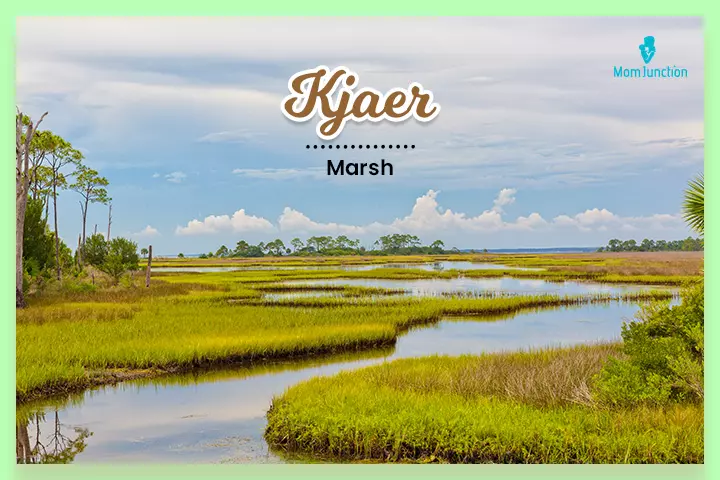
This toponymic surname is a variation of the Danish word “kaer,” meaning “marsh.”
55. Lund
Lund is a toponymic surname referring to someone from Lund, Sweden. The name Lund comes from the Old Norse word “lundr,” meaning “grove.”
56. Oster
It is a Danish surname that comes from the word “ost,” meaning “east.” This could have been a toponymic or ornamental name.
57. Riber
It is a toponymic surname referring to someone originally from Ribe, a town in Denmark.
58. Salling
It is a toponymic name for someone from Salling, a peninsula in Northern Europe and a part of Denmark.
59. Schou
Schou comes from the Danish word “skov,” meaning “forest” or “woods.” The name is a toponymic one and originally would have referred to someone who lived by a forest.
60. Skov
Skov is the Danish word for “forest.” It is a toponymic surname.
61. Sondergaard
This Danish surname is a combination of the word “sonder,” meaning “to the south,” and “gaard,” meaning “farmstead.” It is a toponymic name for someone from a farm located to the south.
62. Strand
Strand is a toponymic surname and comes from the Old Norse word “strond,” meaning “beach” or “seashore.”
63. Sylvest
Sylvest is a Danish variant of Sylvester, which comes from the Latin word “silva,” meaning “forest.” It is a toponymic surname.
64. Thagard
It refers to a homestead owned by a family or person named “Tha.” The name is likely a toponymic one, and is also spelled as Thagaard.
65. Thorn
It is a toponymic surname referring to someone who lived by a thorn bush or a hedge. The word “thorn” comes from Old Norse.
66. Thorup
Thorup is the Old Scandinavian word for a group of houses. Several settlement or hamlet names ended with the name Thorup or Thorpe. The surname may have been toponymic or occupational, referring to someone who made houses.
67. Tranbarger
The name is a toponymic one and refers to someone originally from Tranebjerg in Denmark.
68. Vang
Vang comes from the Old Norse word “vangr,” meaning a “grassy slope” or a “meadow.” It is a toponymic surname.
69. Vester
It is a contraction of Sylvester, which comes from the Latin word “silva,” meaning “forest.” It is a Danish toponymic surname.
70. Vestergaard
It is a combination of the name Vester and “gard,” meaning “farmstead.” The toponymic Danish surname originally referred to a farmstead owned by a person or family named Vester.
71. Wivell
Wivell is a toponymic surname referring to someone from the Danish town of Vivild.
72. Work
The toponymic surname likely refers to someone from the place called Work in Scotland.
Other Popular Danish Last Names Or Surnames
73. Anselm
This name originates from Germany. Many Danes adopted German surnames due to the closeness of the two countries. Anselm means protection or “divine helmet.” This title was used for someone at war and who is protected by God.
74. Beck
Beck is a strong Danish surname linked to the name “Bach”. Bach finds its roots in Old Norse, England, and Germany. The name literally means “stream.”
75. Bille
In Old Norse, Bille finds its origins as a personal name. It is a powerful ornamental name meaning “axe.”
76. Bohr
This name has been recorded in Denmark since the 18th century. It is derived from the short form of the Slavic personal name Boris. It could also be a shortened form of the medieval name Liborius, who was the patron saint of the city of Paderborn.
77. Collin
The Danish surname Collin is derived from Nicholas, which means “victory of the people.”
78. Corse
The Danish surname comes from the personal name Corse, which was a variant of Carsten, meaning “a follower of Christ.”
79. Eilert
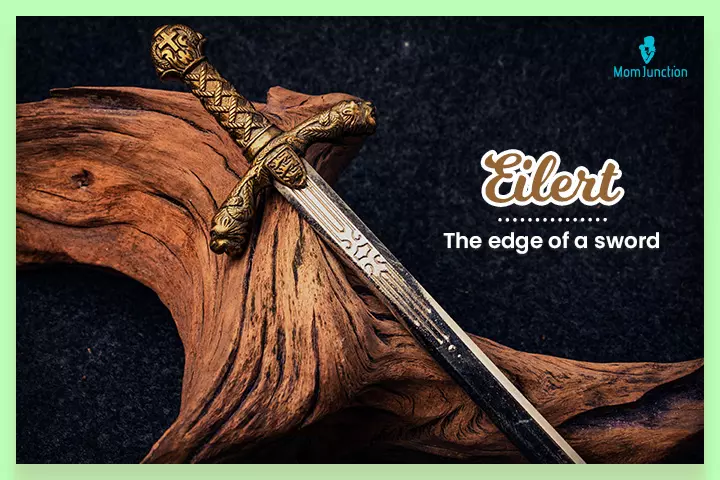
This name finds its roots in North Germany. It comes from the German name Egilhard, meaning “edge of a sword” or “brave and hardy.”
80. Hassing
The surname likely comes from the Middle High German word “haz” meaning “hatred.”
81. Helt
Helt is a German and Dutch variation of Held, which likely comes from Yiddish and means “a hero.”
82. Hertz
Hertz is a surname of German origin. It comes from the Middle High German word “herze,” meaning “heart.” The name likely referred to a brave or big-hearted person.
83. Hjort
Hjort is a Danish and Swedish ornamental name derived from “hjort,” meaning “deer” or “stag.”
84. Holm
It is a Nordic surname that means “small island.” The name likely comes from Old Norse.
85. Krag
The name has its origin in German. It comes from the German word “kragen,” meaning “collar.” The name may have been used as a nickname for someone who wore a dress with a distinctive collar, perhaps suggesting aristocracy.
86. Lykke
It is the Danish word for “happiness.” The name may have started as a nickname for a cheerful person.
87. Norgaard
The Danish last name is a combination of the word “nord,” meaning “north,” and “gard,” meaning “farmstead.”
88. Nyman
Nyman is a fusion of the Danish words “ny,” meaning “new,” and “man,” meaning “man.” The name may have been a nickname for a foreigner or stranger.
89. Overby
This unique surname is also a word in English. The word likely comes from Scottish and means “over the way” or “across the way.”
90. Paske
It is the Danish derivation of the Latin name Pascal, which comes from the Latin word Pascha, meaning Easter.
91. Pelle
Pelle is a Nordic variant of the Greek name Peter. Pelle is a common surname in several Nordic countries.
92. Pio
Pio is a short form of the Latin name Pius, which means “pious” or “devout.”
93. Quist
It is derived from the word “kvist,” which means “twig” in Danish. The name may have started out as a nickname.
94. Randrup
Randrup is a Danish family name and the name of several homesteads owned by them across Denmark.
95. Ronne
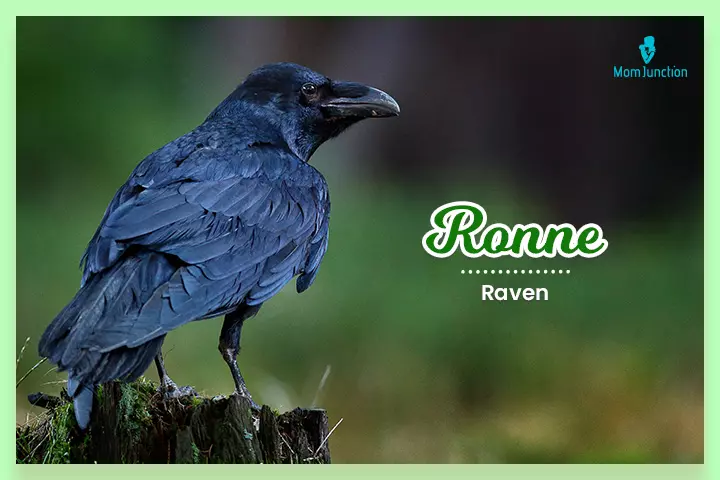
The name comes from the Old German word “hraban,” meaning “raven.” It is also the name of a place in Denmark.
96. Sander
It is the Scandinavian version of Alexander, which comes from Greek and means the “defender of men.”
97. Storjohann
The name is a fusion of the Danish word “stor,” meaning “large” and “Johann,” meaning “John.” The name likely referred to a taller John or older John among various Johns. John comes from Hebrew and means “God is gracious.”
98. Ursin
Ursin is a Danish variant of the Roman name Ursinus, which comes from the Latin word “ursus,” meaning a “bear.”
99. Winther
It is a Swedish and Danish variant of the name Winter, which comes from English and refers to the winter season.
100. Wolff
It is a variant of the name Wolf, which comes from English and refers to the animal wolf. The Danish surname may have originally been a nickname or an ornamental title.
Discover More Names
When you have to choose a name for your baby, a few hundreds of names may not be just enough. Keep digging our mine of baby names until you find that one precious gem.
Illustration: Top 100 Danish Surnames Or Last names With Meanings

Image: Stable Diffusion/MomJunction Design Team
Frequently Asked Questions
1. How have Danish surnames changed over time?
Danish surnames have undergone huge changes; nowadays, anyone can request to adopt their great, great grandparents’ family name as their own, including middle names. People can also share a surname with their significant other without getting married and can also drop their last name and use their middle name instead.
2. What is the significance of adding “sen” or “datter” to a Danish surname?
The significance is that adding ”sen” is for the name of the son and ”datter” is for the daughters. A few well-known examples of surnames having the suffix ‘sen’ include Jepsen, Jenssen, Hendriksen, Petersen, Johannessen, and Davidsen.
3. Are there any famous people with Danish surnames?
Famous persons with Danish surnames include Jim Jensen, a football player, Bridgette Andersen, an actress and Peter Blegvad a musician.
4. What are some of the most popular Danish surnames today?
Jensen, Andersen, Hansen, and Nielsen are some Danish names that are quite popular, both in Denmark and globally.
This collection of Danish surnames includes those that are commonly heard and hold interesting meanings. To know about a country’s people, learn about their background first. And what better way to do that than learning about their last names that give a glimpse into their background. So if you want to know about the beautiful country’s cultural background, occupational history, and the origin of the people and their ancestors, this list can be an ideal way to start.
Infographic: Famous People With Danish Surnames
Denmark is a beautiful country with a diverse culture reflected in its surnames. But did you know many of your favorite celebrities belong to or trace their ancestry to this picturesque country? If you didn’t, this infographic would surprise you! So save it and gather with your friends as you unfurl this list of famous figures and their Danish origins.
Some thing wrong with infographic shortcode. please verify shortcode syntax
Key Pointers
- Danish surnames follow a patronymic naming system.
- These surnames often reflect various aspects of identity, including occupation, lifestyle, and aristocracy.
- Notable Danish surnames include Hansen, Andersen, Beck, Jensen, and Nielsen.
Discover the latest and cutest Danish boy names for 2025! Get inspired by Denmark’s unique baby names and find the perfect name for your little one.
Community Experiences
Join the conversation and become a part of our nurturing community! Share your stories, experiences, and insights to connect with fellow parents.
Read full bio of Shikha Thakur
Read full bio of Srija Chanda Burman
Read full bio of N Pravenchandra Singh






